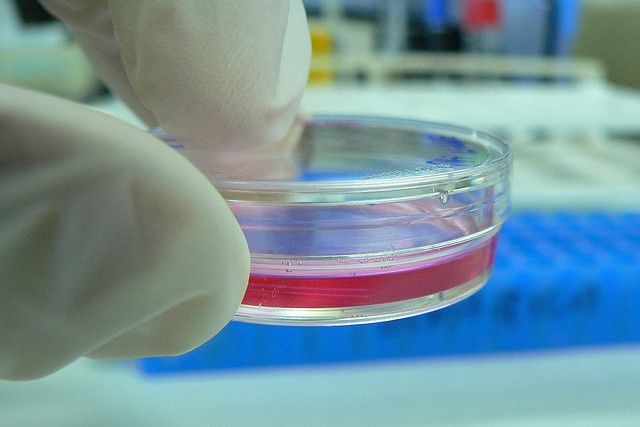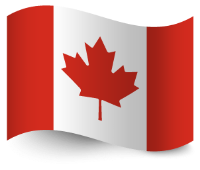Some exciting news coming out of two of the world's leading research universities, with scientists at Harvard and John Hopkins – together with the National Institutes of Health – making massive strides in the search for a standard diagnostic test for the human herpes simplex viruses, which, of course, include the common cold sore.
Cold sores are almost exclusively caused by the HSV1 strain of the virus, which, typically, is less serious that the HSV2 version; however, currently, there are problems in diagnosing which strain of the virus in present in some patients, particularly those of African origin. This is because the existing test uses European genetic sequences which, when applied to people of African origin, can lead to problems as many such patients with an HSV virus have different genetic strains of glycoproteins to people of European extraction.
Why is this such important news?
As someone who knows when they need to reach for the cold sore cream – that tell-tale tingle around the lips or mouth, the feeling of dread and horror that it might knock your confidence going into that all-important date, job interview or critical meeting – you might wonder why exactly an accurate diagnostic test for the HSV virus is needed.
Well, chances are that it won't be needed for you, but in Africa, where HSV2 is a significant factor in enhancing HIV transmission, the need for an accurate diagnostic test is as clear as it is pressing.
How are cold sores currently diagnosed?
Of course there can sometimes be confusion between cold sores and other ailments – for example, impetigo, canker sores or angular cheilitis – but for the most part it should be pretty easy to diagnose an oral case of the HSV1 virus.
If in doubt though, go and see your doctor who will usually make a diagnosis based on the appearance of the lesions. In the vast majority of cases no laboratory diagnosis will be necessary, although swab tests, including the viral culture and polymerase chain reaction (PCR) tests, are available – although to be active these need to be performed on active lesions.
How are cold sores treated?
If you feel a cold sore coming on the first thing you should do is reach for a proven cold sore cream as soon as possible. Making sure you always have a tube on hand can make all the difference to your appearance and your confidence.
Apply the cold sore remedy regularly and follow all the normal rules about how to treat a cold sore – don't touch or pick the affected area and be careful when using towels, facecloths and your toothbrush so that you don't spread the infection.












